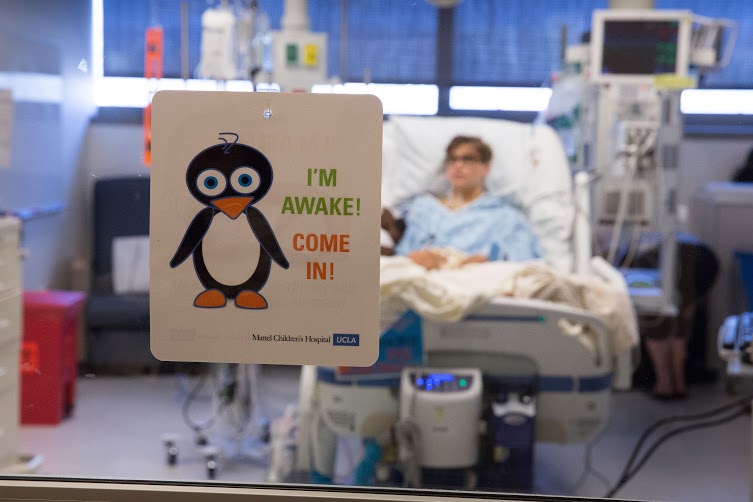American parents generally have the legal right to make medical decisions for their small children.
In the U.S., patients have the right to informed consent before receiving medical treatment or procedures. California also has a set of laws protecting a minor's right to consent and confidentiality under specific circumstances such as pregnancy and abortion. However, when a child is not competent enough to decide what's in their best interest, like an infant or toddler, the parent or legal guardian steps in.
U.S. parents are given medical authority over their children for several reasons, according to Douglas S. Diekema, author of "Parental Refusals of Medical Treatment: The Harm Principle as Threshold for State Intervention", published in the 2004 Theoretical Medicine and Bioethics journal.
For one, parents are usually better situated to understand what their child needs and what the best option is to provide the most beneficial care for their child. There can be clashes between family members on what a child's best interests are but the American government generally believes parental decisions overrule that of others in the family. Parents are also allowed to raise their kids according to their own values and standards, and the government doesn't intrude on the family unit unless a child is in danger.
However, there are situations where doctors can disagree with a parent's decision if a child is in a severe medical dilemma. The parens patriae doctrine gives the state the right to intervene with a parent's decision when it's believed they are not acting in the best interest for the child's well-being.
According to the Legal Resource Library, this generally happens when:
- The medical community is in agreement about the best treatment, where the expected outcome is a relatively good quality life
- If the child is at risk of serious harm
- If the child would die without the treatment
- Or if a parent is refusing consent
In heartbreaking situations where a child has a terminal illness where no treatment is beneficial, parents do have a right to refuse treatment and let nature take it's course. When multiple doctors are giving different options of treatment, parents have a right to choose which is best for their child.
When parents disagree with with doctors, it becomes a case by case situation which can be fought in court since "best interest" is a complex concept to dissect.
Contrary to popular belief, religion is not a reason upheld by the state for refusing recommended treatment of a minor. While religion is constitutionally respected, it's not absolute. If the child's parents are not acting in the best interest of their welfare, the state can override parental decisions. At the end of the day, the child's life is the primary concern. A parent can face loss of custody or criminal charges for failing to provide the necessary medical care for their child.
For example, in 2009, the Daniel Hauser case made headlines. A Minnesota mother, Colleen Hauser, refused chemotherapy for her 13-year-old cancer-stricken son, Daniel, even though doctors said it would save his life. The Hausers had religious belief in natural healing. Colleen went against court orders, which overruled the family's beliefs, and fled the state with Daniel to avoid chemotherapy for her son. In the end, the pair came back home and he went through with the treatment.
Other parents have stood trial over the deaths of their children for refusing treatment. In 2008, 11-year-old Madeline Kara Neumann, died as a result of untreated juvenile diabetes. Her family believed prayers would heal their daughter and prayed over her as she died without seeking help. Madeline's parents were convicted of second-degree reckless homicide in 2009.
When a child is severely ill, the state can side with parents if they propose an alternative method of treatment with the same chances of survival and similar risks to the medical recommendations.
As a general rule, the state won't get involved with a parent's medical decisions unless a child's life or quality of life is on the line, and doctors are offering an outcome that would result in the child's best interest. Cosmetic, gender and other decisions of similar matters will almost always be left to the parents.


